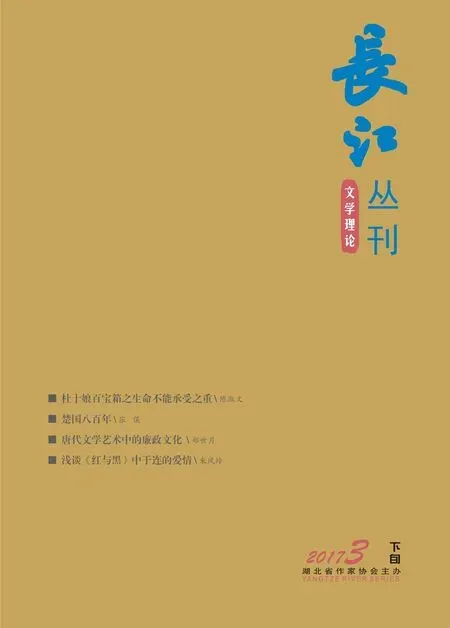The effects of learning styles on learner differences
李媛媛
The effects of learning styles on learner differences
李媛媛
From the 1960s, with the advances in the areas of general linguistics, psycholinguistics and cognitive psychology, the research emphasis of second language acquisition began to shift from teaching to learning. Among the massive product of the research, part of it has focused on “the good language learner” and what aspects influence them to be successful. This paper focuses on one main aspect--learning styles as it has a big effect on leaner differences.
Second language acquisition learning style learner differences
一、 Backgrounds and overview
In the past, many scholars paid attention to researchers on learning attitude, methods, learner personality and other variable in the field of English learning, but they did not explore the psychological factors, which is the key part of the field.
Schmeck says learning style is a preferred method of obtaining information and acquiring knowledge form the learners’ environment that best meets the needs of the learner. Recent years, many scholars become aware of the importance of personality factors affecting language acquisition and learning and explore the effect ion of the personality to language learning. This paper pays attention to the relationship students learning style which affecting the learner differences.
(一)The definition of learning style
Learning styles refer to a range of competing and contested theories that aim to account for differences in individuals’ learning. These theories propose that all people can be classified according to their ‘style’ of learning. Although there are various theories present differing views on it, a common concept is that individuals differ in how they learn.
(二)The history of learning style
The idea of individualized learning styles became popular in the 1970s, and has greatly influenced education despite the criticism that the idea has received from some researchers. Proponents recommend that teachers assess the learning styles of their students and adapt their classroom methods to best fit each student’s learning style. Although there is ample evidence that individuals express preferences for how they prefer to receive information, few studies have found any validity in using learning styles in education. There is evidence of empirical and pedagogical problems related to forcing learning tasks to “correspond to differences in a one-to-one fashion”. Well-designed studies contradict the widespread“meshing hypothesis” that a student will learn best if taught in a method deemed appropriate for the student’s learning style.
(三)Types of learning styles
(1)Visual Learners
(2)Auditory Learners
(3)Hands-On Learners
(4)Analytic vs Global Learners
(5)Extrovert vs Introvert Learners
(6)Intuitive vs Sequential Learners
(7)Closure-Oriented vs Open-Oriented Learners
(8)Impulsive vs Reflective Learners
(9)Field Independent vs Field Dependent Learners
(10)Concrete vs Abstract Learners
二、 The criticism about learning style
Learning style theories have been criticized by many scholars and researchers. Some psychologists and neuroscientists have questioned the scientific basis for separating out students based on learning style. Professor of education Guy Claxton has questioned the extent that learning styles such as VARK are helpful, particularly as they can have a tendency to label children and therefore restrict learning. Similarly, psychologist Kris Vasquez pointed out a number of problems with learning styles, including the lack of empirical evidence that learning styles are useful in producing student achievement, but also her more serious concern that the use of learning styles could lead students to develop self-limiting implicit theories about themselves that could become selffulfilling prophecies that are harmful to the goal of serving student diversity.
三、How to be a good language learner
(1)Treat language as a system by making effective cross-lingual comparison, analyzing the target language and using reference books;
(2)Show active involvement in language learning. Appreciate teachers who are systematic, logical, and clear, but refer to treat them as ‘informants’ rather than to rely on them. (Pickett, 1978)
(3)Be thoughtful and aware of yourselves in relation to the learning process. Take conscious decisions and follow your own preferred learning style.
[1]Pritchard, Alan. Learning Styles[J].Ways of learning: learning theories and learning styles in the classroom,2005.
[2]Honey, Peter; Mumford, Alan. Learning styles questionnaire: 80-item version[M]. London:Maidenhead,2006.
[3]Graham,Suzanne;Macaro,E.Strategy Instruction in Listening for Lower-intermediate Learners of French[J].Language Learning,2008(58):747~783.
(作者單位:西華師范大學外國語學院)

